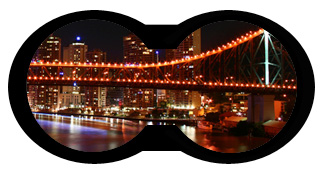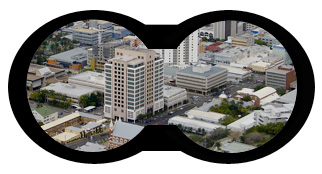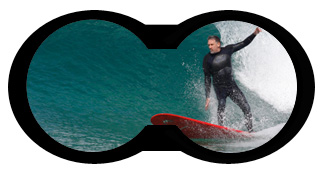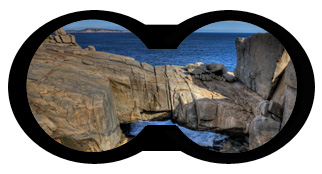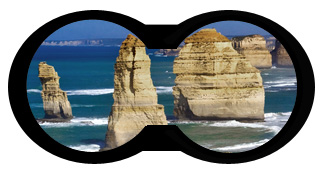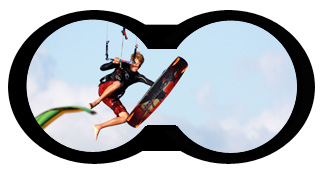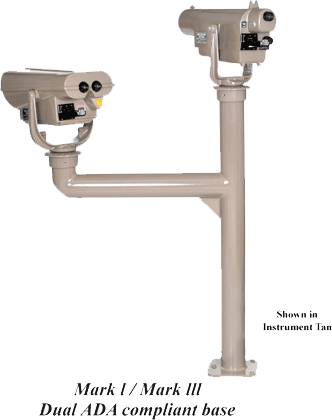ADA Compliant SeeCoast Viewers
All In-vu viewers, both coin and non coin operated, can be fitted with a wheelchair accessible base that allow anyone with a disability to access an In-vuviewer.
|
What are the provisions for Public Accommodation under the ADA (title III)?
Title III protects individuals with disabilities from discrimination by any place of public accommodation. The discrimination prohibitions extend to requiring places of public accommodation to allow individuals with disabilities to participate fully and equally in the most integrated setting appropriate to the needs of the individual. Examples of places public accommodation include: restaurants, hotels, theaters, doctor's offices, retail stores, museums, libraries, parks, private schools, and day care centers. |
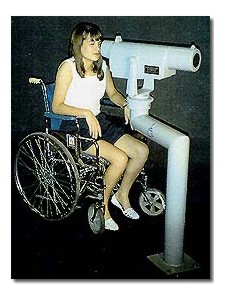 |
|
|
Excerpt from "PARK WORLD" magazine Feb. 1994 On July 26, 1990, at a well attended ceremony in the White House Rose Garden, George Bush signed into law a sweeping civil rights statute called The Americans with Disabilities Act. The goal of ADA is to end discrimination against individuals with disabilities and bring them into the mainstream of American life. To the estimated 43m Americans with a physical or mental disability, the government is in effect saying, " You now have the legal right to participate fully in the nation's public life." That means having the ability to find and hold a job, to do business and receive services freely, to use public transportation and to take advantage of the nation's cultural and technological life. Under Title III of ADA, businesses operating as public accommodations cannot discriminate against customers with disabilities. Individuals with disabilities must also be helped, if that help will enable them to enjoy the public facility. Physical "barriers" must be removed if removal is "readily achievable" For example, public accommodations must add ramps and take away curbs to permit wheelchair access under the act. |

